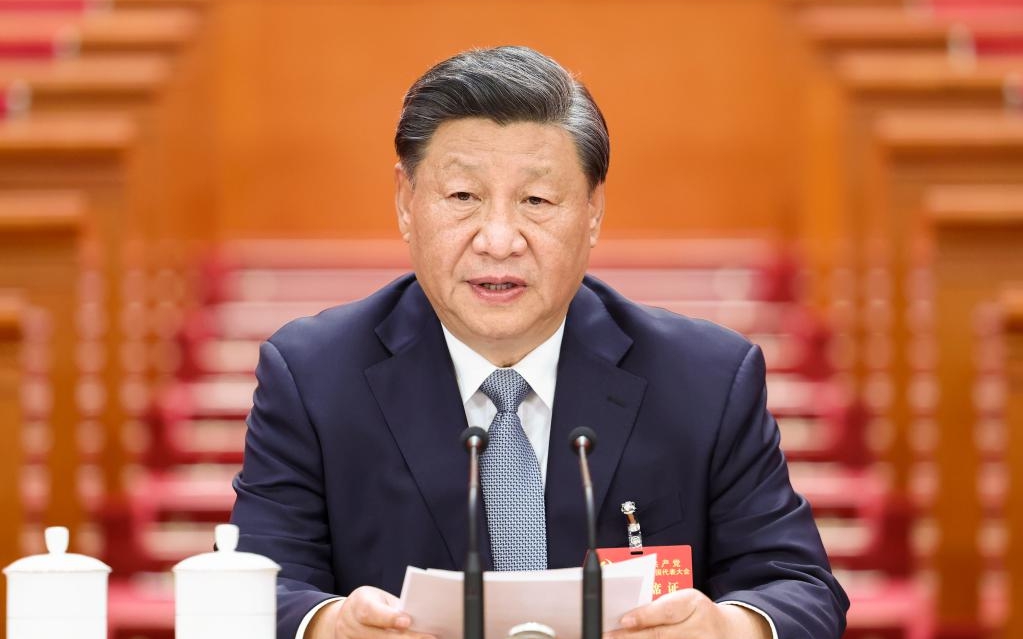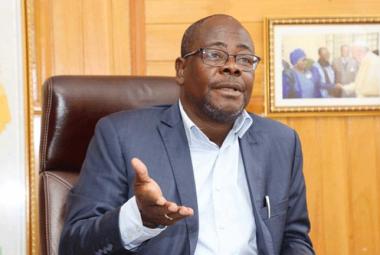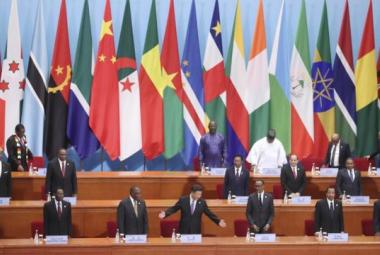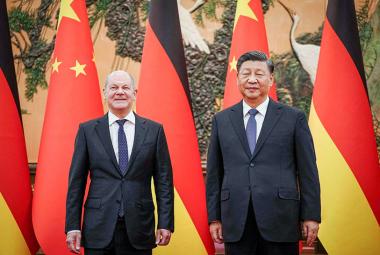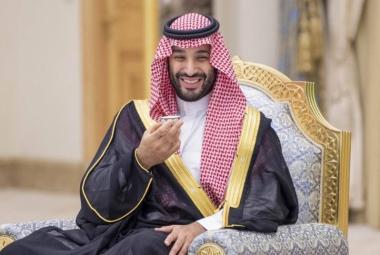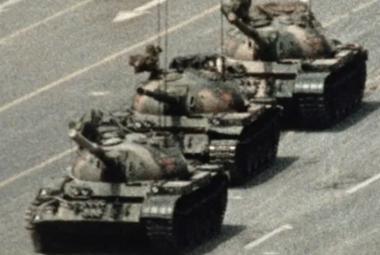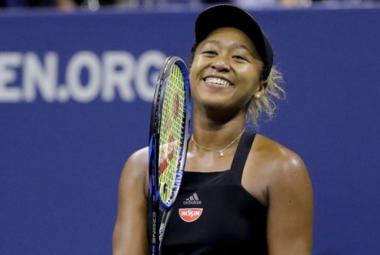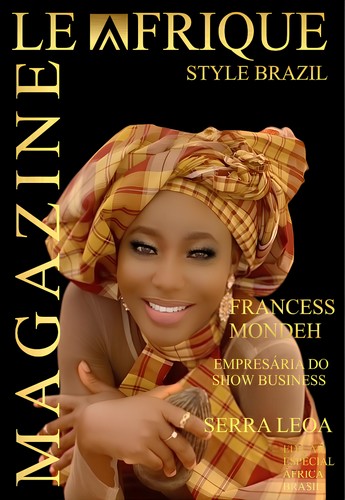On the occasion of the 20th Congress of the Chinese Communist Party (CCP) in Beijing in October 2022, Afrique Destinations did a retrospective on the history of modern China and the personal journey of President Xi Jinping. Portrait, not without humour, of the "new Emperor" of modern China from the pen of Marcus Boni Teiga. Xi Jinping officially obtained a historic third term as president of China on March 10, 2023, after a unanimous vote by Parliament, with 2,952 votes, zero against and zero abstention.
The leaders of the Chinese Communist Party (CCP), from Mao to Xi Jinping, have obeyed the sacrosanct traditional line of the party. It is about educating their compatriots and teaching them, the hard way if necessary, to behave like good Chinese everywhere and at all times. In the CCP, the militant must be if not loyal to the party, at least disciplined and obedient to its watchwords. Xi Jinping himself had been raised on a bottle of Chinese patriotism, so to speak. With its ups and downs. And he has, apparently, a great nostalgia as a child who had become an adult could always have nostalgia for this time of his childhood when all dreams were allowed to him. Except that Xi Jinping is neither a child nor a dreamer. Quite the contrary. He simply wants to be the worthy continuation of the heroic work of their fathers, founders of modern China, who did everything to guarantee to the peoples of this country-continent the first of the conditions that are worth for the dignity of a people: the independence from others.
Xi Jinping's own father, namely Xi Zhongxun, was he not one of Mao Tse-tung's companions. An official of the Chinese Communist Party who was successively Vice-President of the People's Assembly and Deputy Prime minister, he first held high military positions until his fellow traveler came to power. And when Mao Tse-tung undertook what was called the "1962 purge", Xi Jinping's father had to resolve to take the key to the fields to find his salvation. A crossing of the desert on which the course of the history of his country allowed him to take his revenge by returning to favor thanks to the coming to power of Deng Xiaoping. Today, he is an integral part of the Eight Immortals of the Chinese Communist Party to whom the Empire of the Middle owes the major changes, more economic than political, of the 1980s and 1990s. And, like an old rope after which we weave a new one, Xi Jinping is making his merry way past the rehabilitation of years of disgrace.
There should be no mistaking the ambitions of the strong man from Beijing who intends to keep the upper hand over the country, by all means, but also to lead it to the roof of the world. No matter the cost !
Beneath his exterior as a debonair family man, one must be wary of Xi Jinping. His round and smooth face certainly hides a kindness, but his eyes that see everything and very far pretending to see nothing are one of the main traits of his character and all his strength. Two things which, added to the heritage bequeathed to him by millennia of a rich and diverse Chinese culture, allow Xi Jinping to know how to keep reason and remain serene or stoic even when he undergoes external aggressions as if he is not is for him something like an acupuncture session. On his seemingly flaccid postures, the man only deceives opponents or enemies. Because Xi Jinping is rather ready for anything and at any time. As if his motto is the following: when you are not alone, you can always listen to others without having to follow them or do what they ask of you and that you must always listen to your inner voice. Especially since this is the path she tells you to always follow.
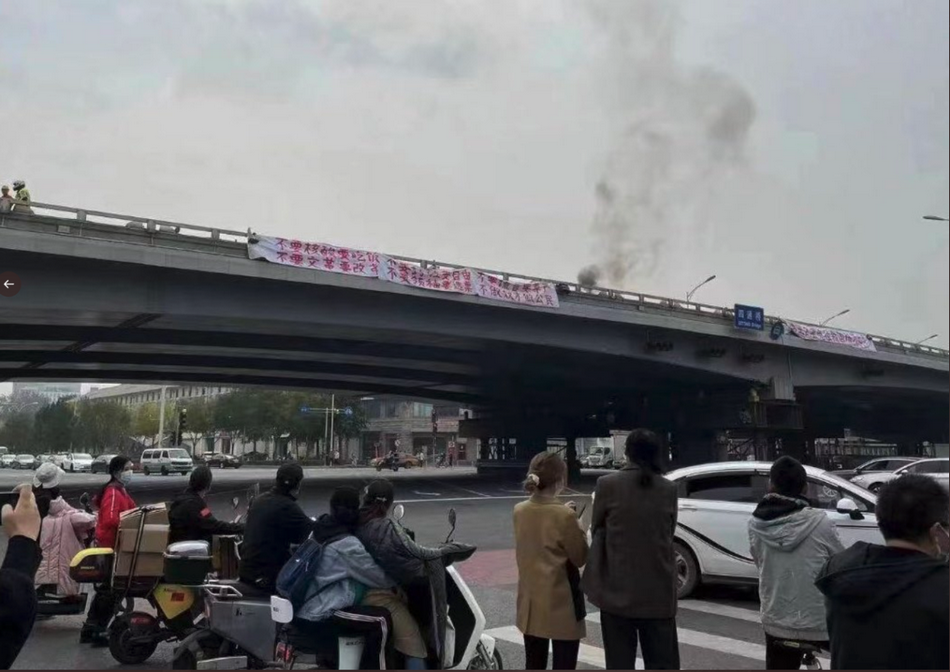
He dreamed of a united and strong China in the diversity of its populations and the multiculturalism of its identity. He wanted to be the architect of this new unification after that which only, in antiquity, succeeded the famous Qin Shi Huang Di (259-210 BC) – the unifying emperor of China – of which we had found, in 1974, and this after more than 2000 years spent buried in the ground, the bronze weapons, spear points, swords, and some 40,000 brand new arrowheads of the famous army of the 7000 soldiers of clay, as if they had just been taken out of the workshops of their craftsmen and deposited several meters underground.
Called preferably by historians "King Zheng of Qin", because of the precautions of use and the fact that his real name is Zheng Ying, the one who can be considered, rightly, as the "Narmer of the Chinese" was also the founder of the so-called Qin dynasty. He was not only the unifier and the first Emperor of what would become the Empire of the Middle. Much more than that remains in the collective memory. In the sense that in addition to being a great conqueror, he was also a great builder. We owe him major projects, in particular the construction of the Great Wall of China, roads or even reforms in writing and currency, to name just these works among many others, despite the particularly despotic character of his reign and his antipathy for scholar-magicians and other scholars, unable to secure his immortality.
Like the man whom many Chinese consider to be the first leader and founding father of modern China, in this case Sun Yat-sen, President Xi Jinping and in his own way is also, perhaps, in setting up its Xingzhonghui, that is to say its society for the recovery of China, a kind of renewed Chinese Communist Party or new version.
Xi Jinping, the "new Emperor" of modern China, strives to write his legend, too and in his own way, knowing that if he wants to become immortal like his father, he will only have to count only on his comrades in the Chinese Communist Party. Like what, he has learned the lesson of the bitter experience of Emperor Qin Shi Huang Di that we can paraphrase by saying that if he aspires to immortality in the consciousness of the Chinese, he should not count on scholars and other intellectuals, quick to demand democratic changes rather than erect mausoleums to the glory of their leaders. But who, as a statesman, could seriously blame this Emperor Qin Shi Huang Di, whose people had long bent under the yoke of foreigners, for wanting to make him straighten up and remain upright, haughty and strong like the arrow of a Mongol Emperor? In any case, it couldn't be the CCP comrades. And too bad if many Chinese do not share the gruff and autocratic methods of their leaders. The latter will ask nothing of them other than to be only happy and proud of the economic status which is theirs and of the status of great power which is that of China in the current concert of nations of the world.
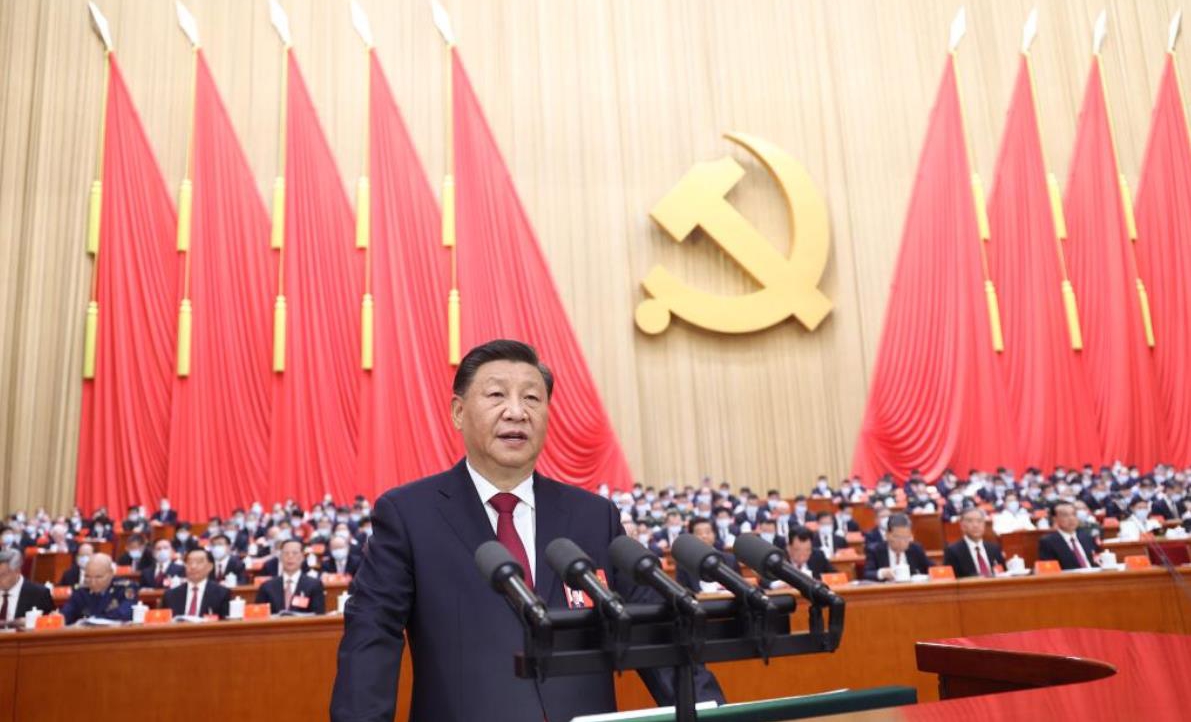
The China of which its leaders dream has no ambition to democratize in the West. She turned her back on Soviet Socialism to build her Chinese Socialism, which comes close to what Aldous Huxley was already worrying about when he said that: "Thanks to the control of thoughts, to the constantly hammered terror to maintain the individual in a state of desired submission, today we have entered the most perfect of dictatorships, a dictatorship which would have the appearance of democracy, a prison without walls from which the prisoners would not even think of escaping, from which they would not even think of overthrow the tyrants. System of slavery where, through consumption and entertainment, slaves would have the love of their servitude”. Except that, in the society that is being built in China, even the appearance of democracy is still a luxury too many.
Individualism and liberalism, characteristic traits of Western culture, are however worrying signs that are emerging in Chinese culture. Although, if the Chinese who have become less and less collectivist since they abandoned the socialist economy to turn resolutely and with an appetite never equaled towards the market economy or liberalism, it remains no less true that this is nonetheless a controlled, almost state-controlled capitalism, with controlled freedom for the Party oligarchs, the Great Comrades, etc. Even if, in the rural areas of the country, men and women are still very attached to their land, their rice fields, their rivers, their rivers, their beliefs that this new capitalism seems to weigh on their feet like balls that prevent them from getting their heads above water, in the end. Like those charges that, in order to torture their opponents or all the free thinkers who resist them, certain agents of the State security services know how to use against their victims. The Uyghurs know something about it, go ask them the question!
Gone are the days when cereals were harvested and beaten with flails. Times have changed a lot, after the Kolkhozes and the Latifundia. However, is President Xi Jinping so nostalgic for his country's imperial past that he sees himself as a new Emperor? But looking closely, he does not see himself that way, he already is for attentive and informed observers. The “new Emperor” of modern China has a face. Since Mao Tse-tung, this is the first time that the Chinese have rediscovered in one of their Presidents a propensity to put the All-powerful Chinese Communist Party (CCP) under his uncontested authority. And, unlike his predecessors, he intends to seize power and embed himself to stay there beyond his official mandate. In the name of the Founding Fathers, the CCP and the perils that threaten the Chinese Nation.
By Marcus Boni Teiga
*This article has been translated from French into English by Marcus Boni Teiga.



